Vietnam's economy under the specter of COVID-19? Prevention and rising up
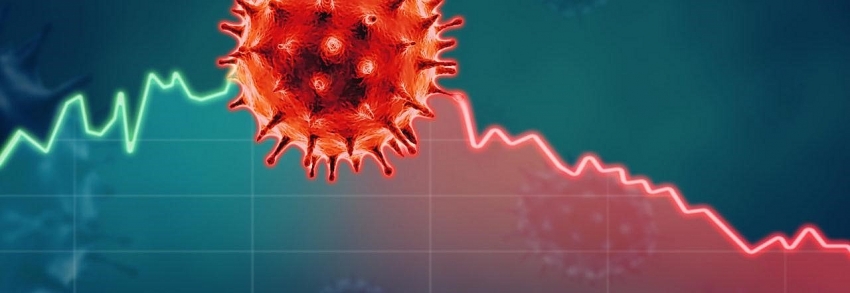 |
| The Vietnamese government is rolling out a multitude of policies to curtail the negative impacts of the COVID-19 pandemic |
When the COVID-19 pandemic began spreading globally, the world financial market panicked, central banks and governments were trying to curb the crisis and economic recession with economic relief packages worth hundreds of billions of dollars.
Many large financial institutions and investors witness their assets evaporate daily through traditional investment channels such as securities and real estate.
In the face of the stress of the epidemic and effects on the global economy as well as production and business activities, the Vietnamese government also plans to issue incentives in the form of tax reduction, late payment, and defer payment of land use fees to businesses affected by the pandemic. The central bank, the State Bank of Vietnam (SBV), has cut interest rates since February 2020.
Besides, the SVB has asked local commercial banks to lower interest rates. For investors and traders, most are cowering, but the more daring turn to exchanges that allow short selling and arbitrage trading to earn profits in the bear market.
What does the Vietnamese government do?
Incentives will include tax breaks, late payment of taxes, and deferment of land use fees for businesses, which will cost the government $1.16 billion. The SBV has cut interest rates on various types of goods since March 2020. The number of confirmed COVID-19 cases in Vietnam is now 148 (on March 26, 2020).
Before COVID-19 broke out, Vietnam was one of the main beneficiaries of the US-China trade war, with more and more Chinese companies moving here.
With the onset of COVID-19, Vietnamese businesses, especially those in the manufacturing sector, are experiencing a slowdown or stopping production due to a shortage of raw materials from China. The country is a major supplier of steel and components to electronics, automobile, and phone manufacturers in Vietnam.
It is estimated that 17 per cent of Vietnam's total trade is directly related to China, which is the highest in the region, while about 32 per cent of all tourists coming to Vietnam are from China.
The government has targeted economic growth of 6.8 per cent in 2020 but has warned that if the supply chain disruptions continue due to the virus, the growth may be reduced to 5.96 per cent.
What should investors and traders do?
On the macro level, the government and central banks have been offering many policies to support businesses, investors, small traders, and the people who are suffering financial losses from basic assets such as stocks, real estate, and gold falling in value.
However, forex investors and those trading on exchanges with contracts for difference (CFDs) are making a large profit or at least taking hedging measures on their accounts.
With the COVID-19 pandemic spreading, everyone is withdrawing in production and business activities, causing many people to lose their jobs and reducing their income. With the practical and timely activities of the Vietnamese government and other countries, this crisis and ensuing recession will hopefully be overcome soon.
What the stars mean:
★ Poor ★ ★ Promising ★★★ Good ★★★★ Very good ★★★★★ Exceptional
Themes: COVID-19
- 67 million children missed out on vaccines because of Covid: UNICEF
- Vietnam records 305 COVID-19 cases on October 30
- 671 new COVID-19 cases recorded on October 1
- Vietnam logs additional 2,287 COVID-19 cases on Sept. 21
- People’s support decisive to vaccination coverage expansion: official
Related Contents
Latest News
More News
- Adult vaccination and shingles prevention in Vietnam (November 22, 2024 | 19:52)
- Hanoi strengthens measures to prevent mismanagement and wastage of public assets (November 21, 2024 | 17:42)
- First international summit on shingles prevention held in Vietnam (November 18, 2024 | 10:00)
- Global education to improve quality of workforce (November 17, 2024 | 08:53)
- “Run for zero violence against women and girls in Vietnam” gets set (November 16, 2024 | 09:39)
- VSF empowers communities through micro-credentials (November 16, 2024 | 09:00)
- Final round of admin reform competition to take place in Hanoi (November 14, 2024 | 12:16)
- Hanoi pilots electronic health record solution (November 10, 2024 | 12:25)
- Vietnamese consumer sentiment outperforms regional averages (November 08, 2024 | 18:00)
- Japfa Vietnam serves nutrition to 1,500 children to year-end (November 06, 2024 | 16:32)




 Tag:
Tag:
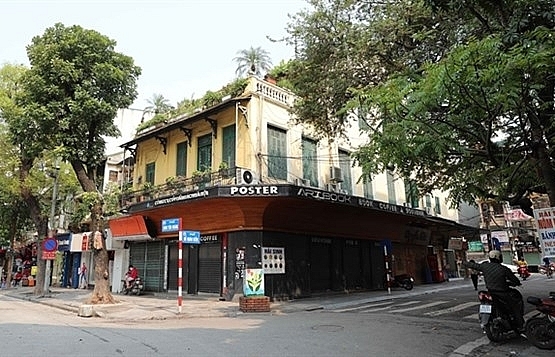
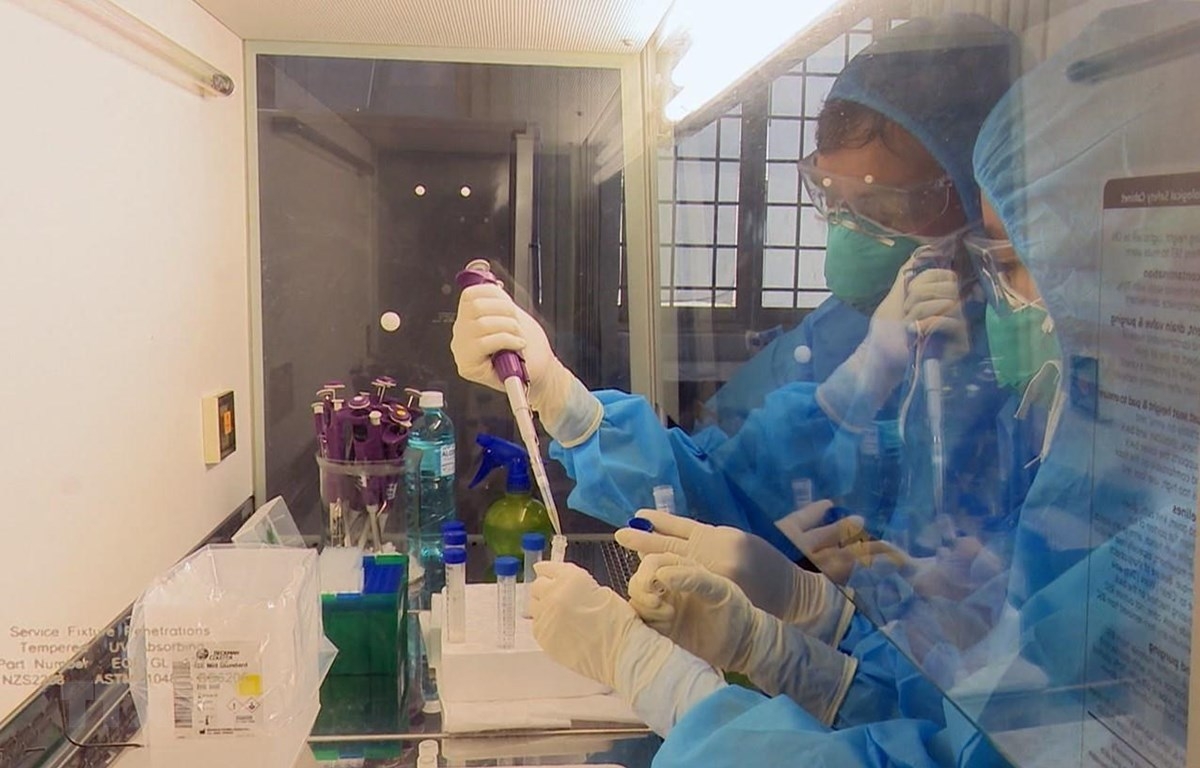

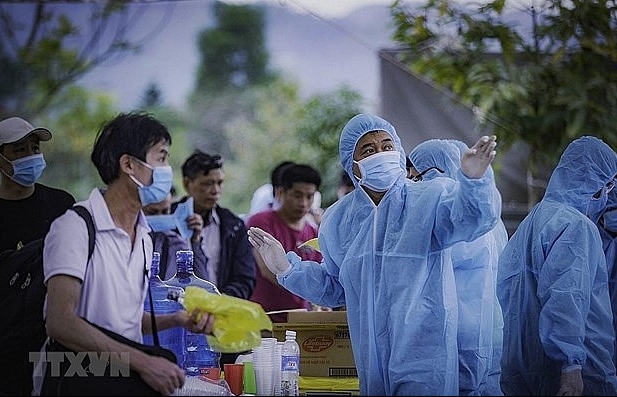

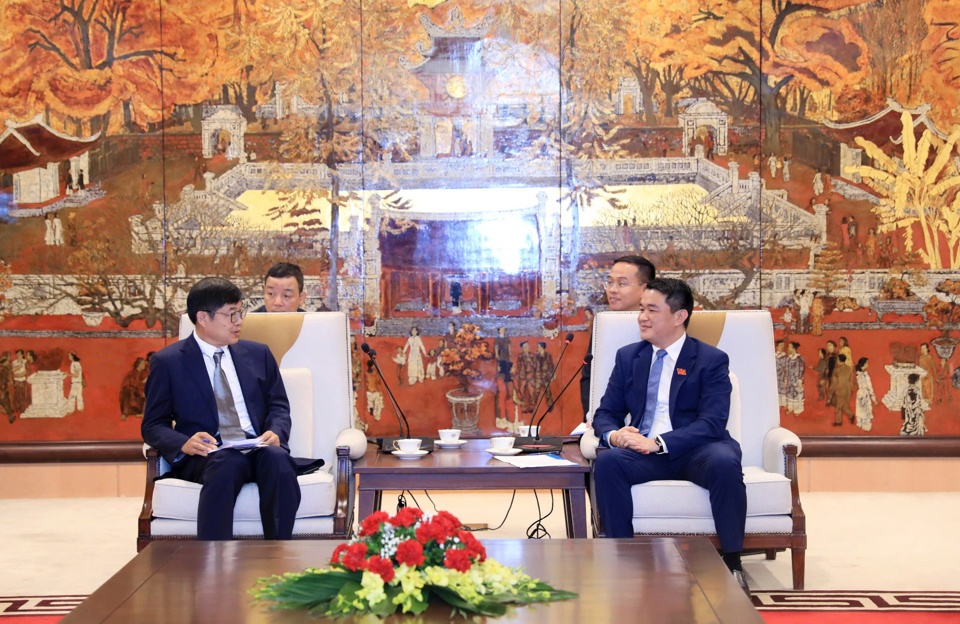



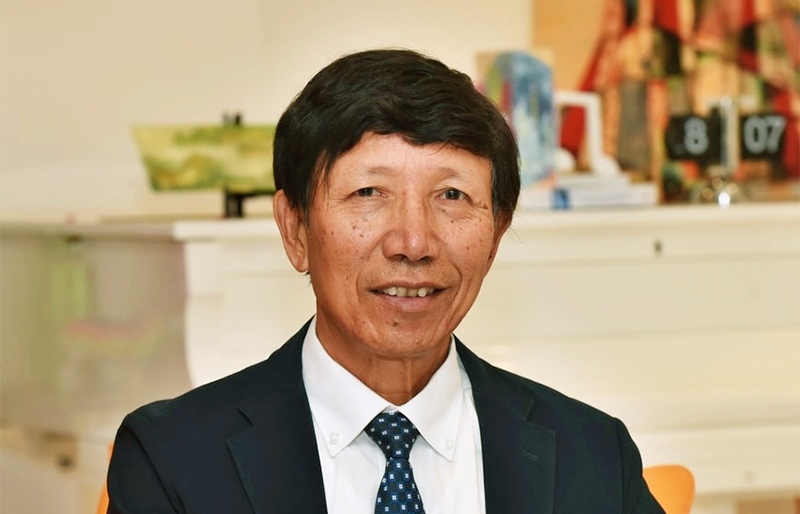
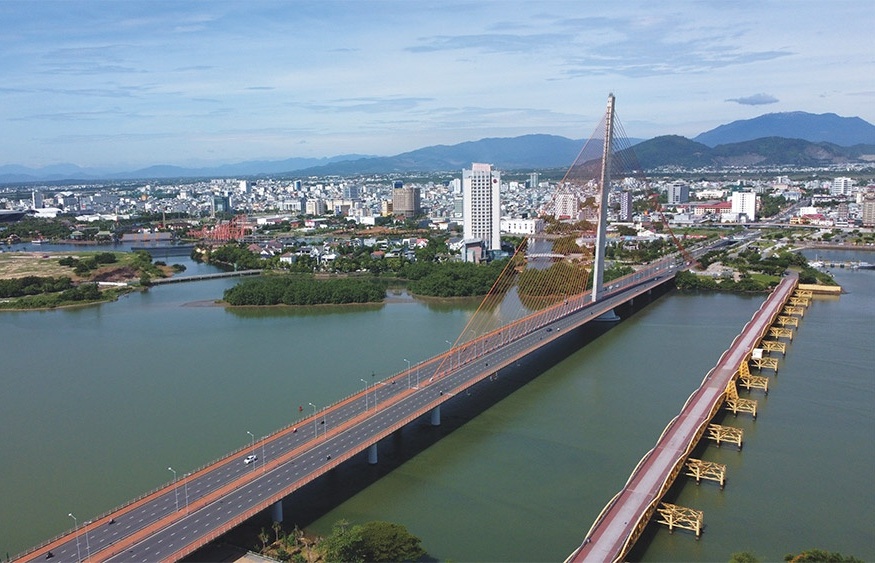

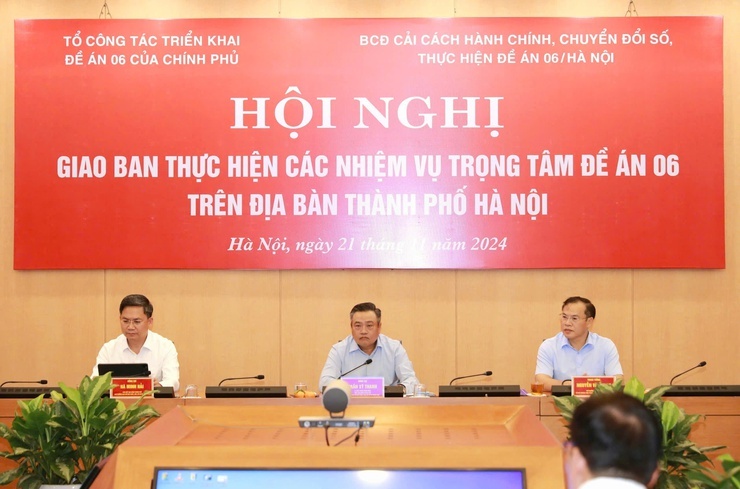


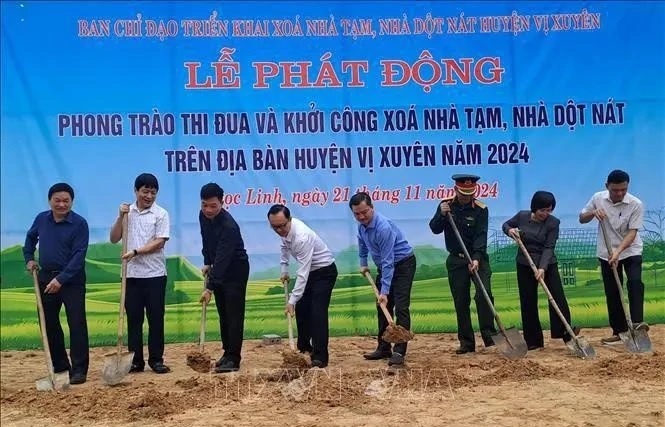
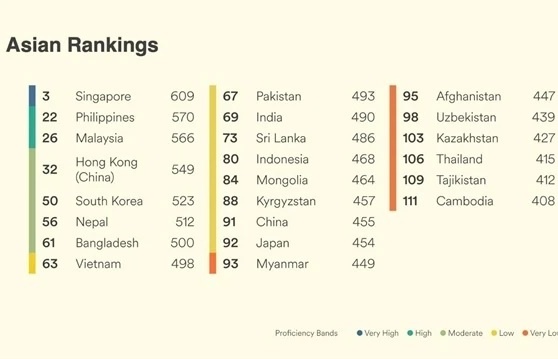





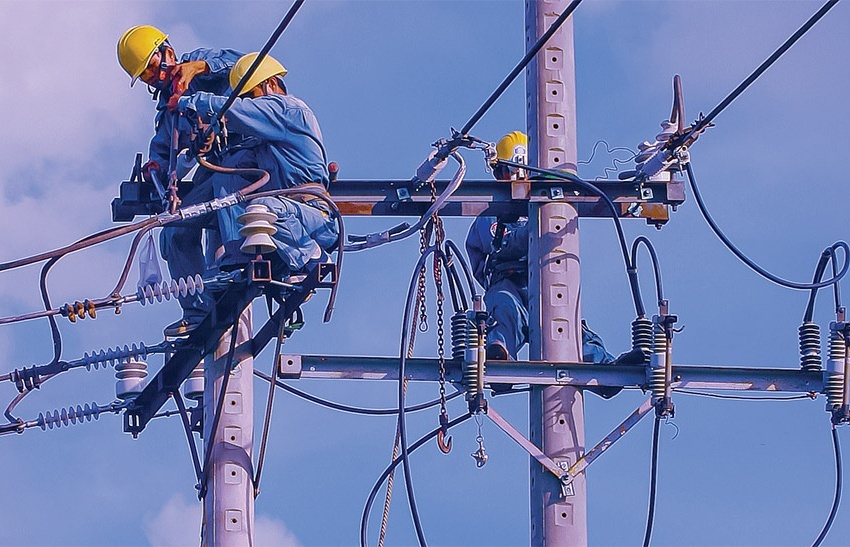
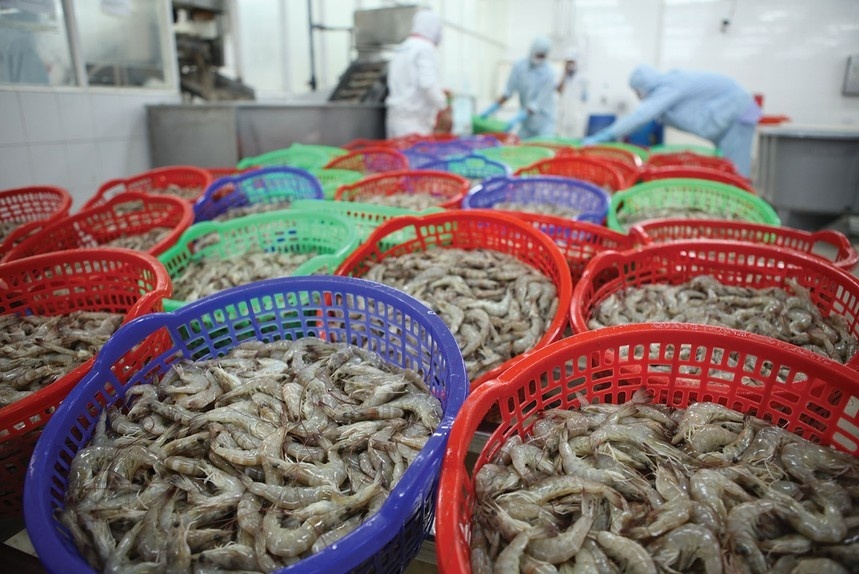



 Mobile Version
Mobile Version